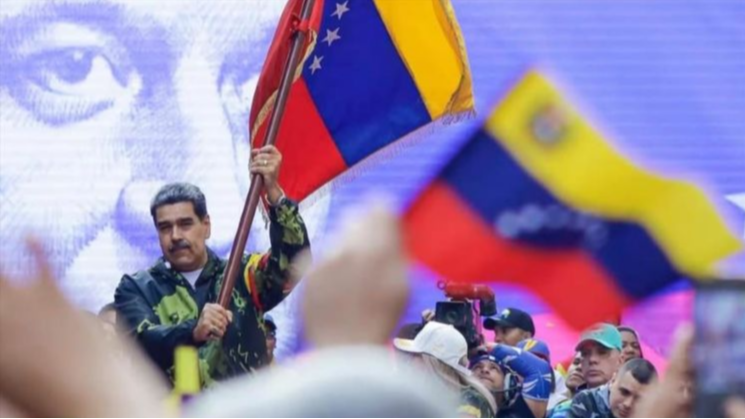
The United Socialist Party of Venezuela (PSUV) and its allies in the Great Patriotic Pole comfortably won the recent legislative and regional elections. This brings the total number of electoral victories for the PSUV to 30 out of 32 in 26 years.
By: Roberto Morejón
The United Socialist Party of Venezuela (PSUV) and its allies in the Great Patriotic Pole comfortably won the recent legislative and regional elections. This brings the total number of electoral victories for the PSUV to 30 out of 32 in 26 years.
On a voting day with a turnout of 42.63 percent, the People's Alliance obtained almost 83 percent of the total votes, in contrast with the opposition Democratic Alliance, its closest competitor, which obtained 6.25 percent.
Another aspect of the resounding triumph of the Bolivarian Revolution's forces is evident in the governorships contest.
The Great Patriotic Pole won 23 out of the 24 governorships on offer, losing only the state of Cojedes while winning back Nueva Esparta, Barinas and Zulia, the latter of which had been under opposition control until now.
In addition to the governorships, Chavismo won 40 of the 50 deputies elected by national lists for the National Assembly, meaning it will control that body.
In the presence of international observers, Venezuelans voted in large numbers, confirming the United Socialist Party of Venezuela's dominance at the regional level.
Most of the opposition did not vote, while the most extreme wing of the opposition, led by María Corina Machado, boycotted the election.
Incidentally, Machado urged Venezuelans to abstain from voting, but her exhortation went unheeded.
The Venezuelan elections were also notable for the first gubernatorial and legislative races in Equatorial Guinea.
As no incidents were reported in the country, contrary to the expectations of extremists, the elections are considered to be a vote for peace and stability. However, the authorities reported the neutralisation of a conspiracy plan to sabotage attendance at the polls.
Beyond celebrating the resounding success of the Great Patriotic Pole, the government is preparing for new initiatives, including a proposal to reform the electoral system.
Venezuela will also strengthen popular power and participatory democracy in a context in which, according to President Nicolás Maduro, the Bolivarian Revolution is stronger, more valid and more relevant than ever.
Nevertheless, the United States and other Western countries are continuing to put pressure on Venezuela and boycott the country, arguing that they will not recognise the results of the recent elections.

